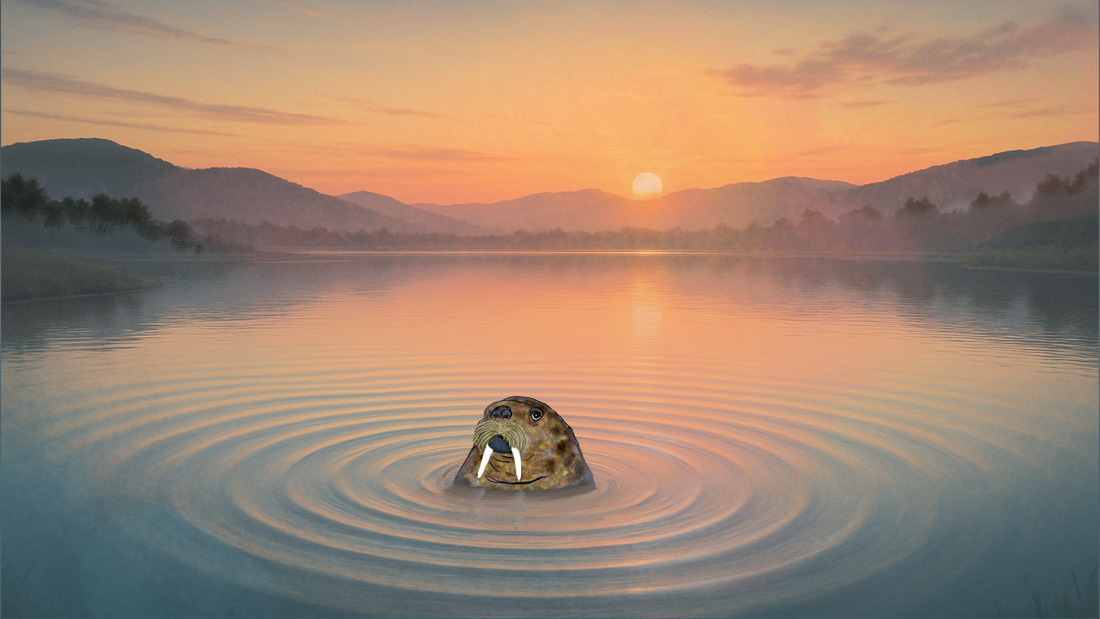
AI and the Human Touch
When I took the dive into AI, I wasn’t only testing how AI worked as a tool or how it might help me. I wanted to observe myself within the exchange. Would it make me more or less creative? Would it make me lazy? I stepped back from expectations and decided to simply be present, to observe.
I began sharing my experience in my first blog post on the subject. Now I see, I’ll likely have more to say. What I want to share today is how I found myself interacting with it. I found myself saying “please” and “thank you.” I didn’t want to waste its time. I wanted to be efficient, to treat it as I would any collaborator.
Partly, that’s because of how the tool treats me. It is unfailingly polite—knowledgeable, considerate, and responsive—like a skilled co-worker who’s fully present.
Partly, it’s because I’ve worked with disembodied teams before. I’m used to subject matter experts and editors. Long before the internet, I worked from home. I didn’t know it then, but I was waiting for the internet to arrive. When it did, it opened my world. Over the years I’ve collaborated with tiny startups, great universities, and global tech companies. I’m accustomed to working with people who aren’t physically present, who know more than I do, and who contribute to a job well done.
At first, I thought I was treating AI like a human only out of habit. But as I watched myself, I realized I was doing it to preserve something about me. My humanity. I don’t want to lose that simply because my collaborator isn’t human. I am. I want to stay that way.
And perhaps, in some small way, I’m doing it for the machine as well. In our exchanges it freely admits it has no consciousness, no personal experience, no opinions, no body. Even though it draws from the collective, it isn’t a collective consciousness. It’s a mirror—a collective echo.
That’s why I choose politeness, thoughtfulness, and consideration when I engage with AI. I want those qualities to remain alive in me, and I want them reflected back in whatever micro-drop of influence my words contribute to the mirror.
More of that, please.
"Recognize the world has changed and there are changes we, too, must make." Walrus Spirit

